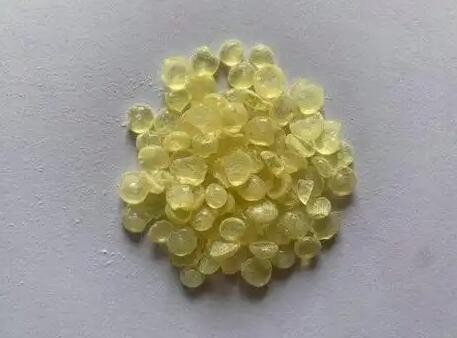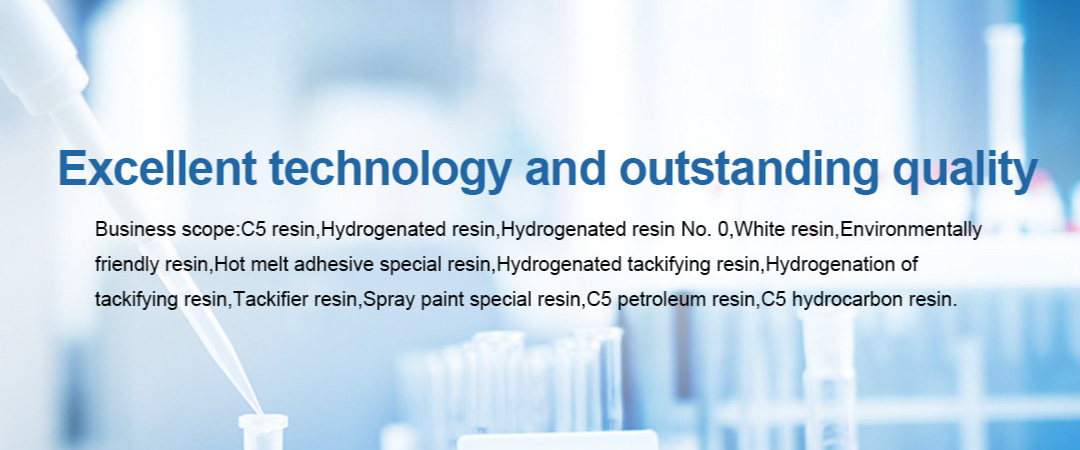Hydrocarbon copolymer resin
Hydrocarbon copolymer resin, also known as C5/C9 composite petroleum resin, is a thermoplastic resin produced through a series of processes from C5 and C9 fractions produced by petroleum cracking. It is not a high polymer, but an oligomer with a molecular weight between 300 and 3000. The main raw materials for this resin include cracked C9, which contains unsaturated aromatic compounds such as styrene based toluene, indene, and methyl indene. By introducing C5 into C9 for copolymerization modification, a C5/C9 hydrocarbon copolymer resin with both aliphatic and aromatic resin properties can be obtained.

In general, hydrocarbon copolymer resin is an important industrial material, which is defined to cover its raw materials, production processes, and main characteristics.
























































































